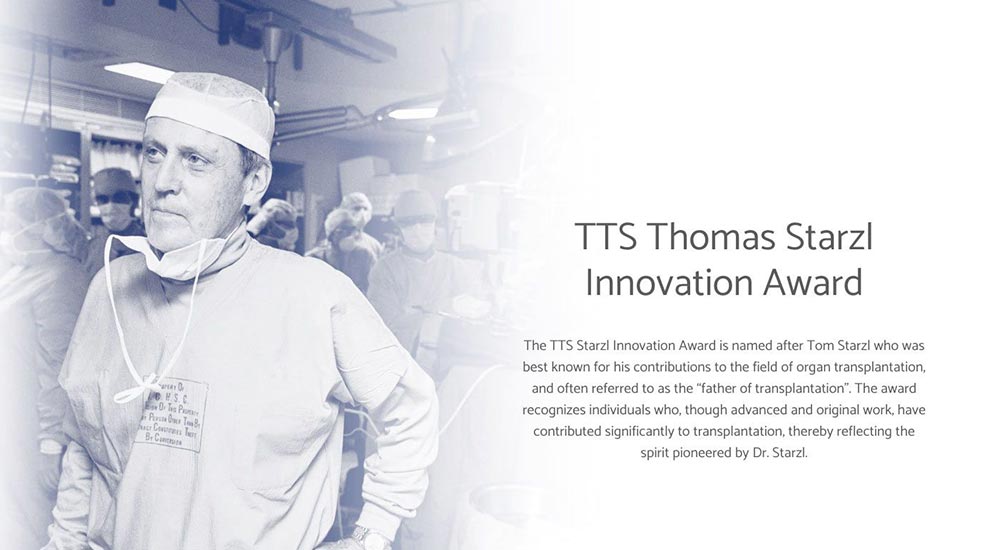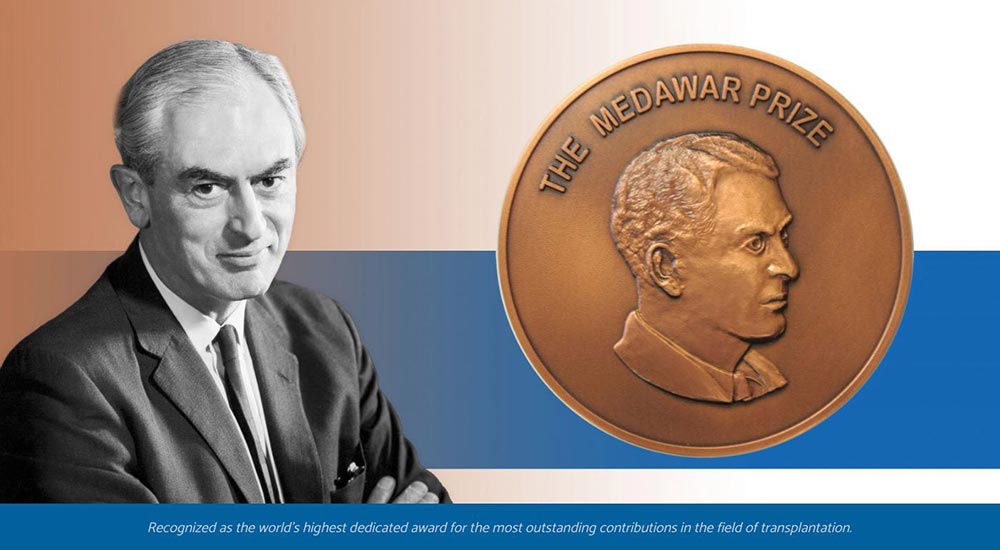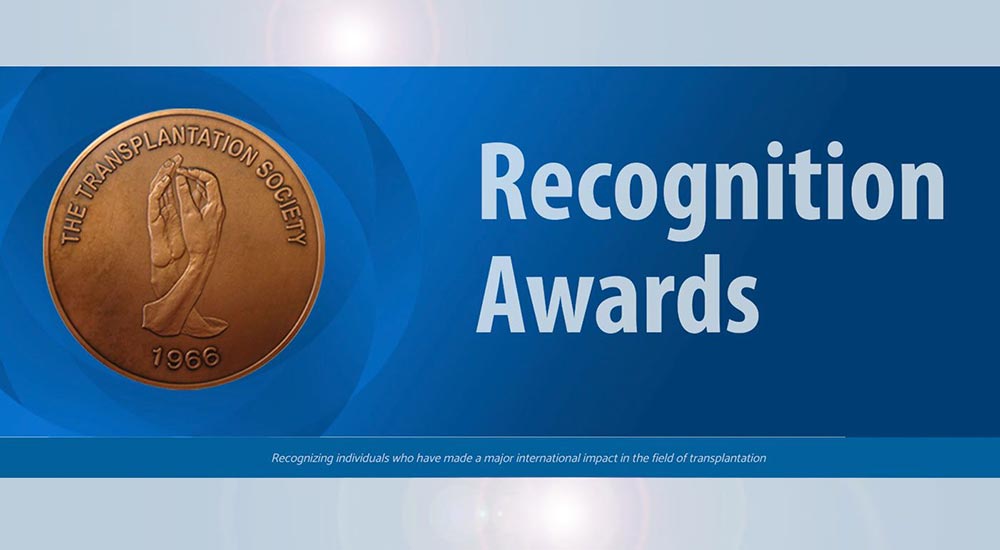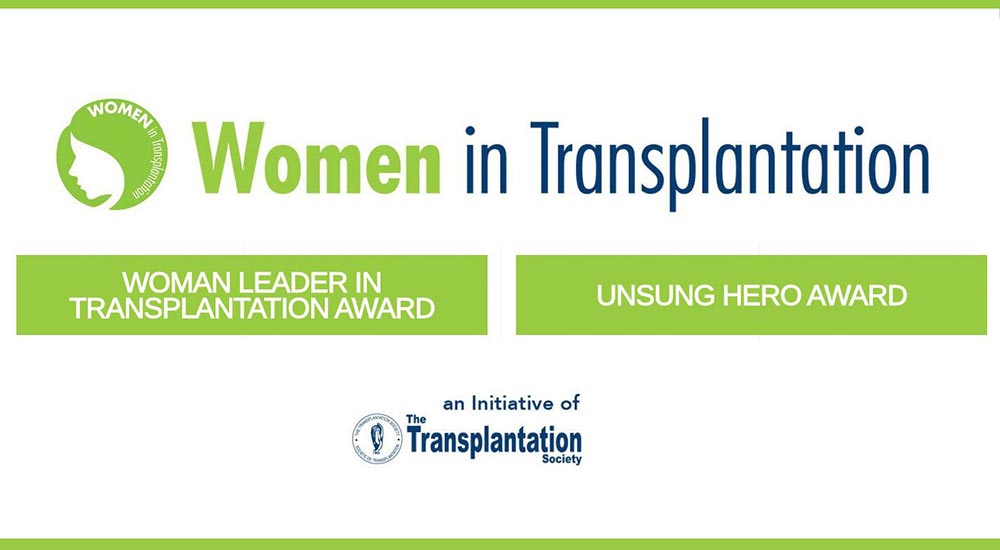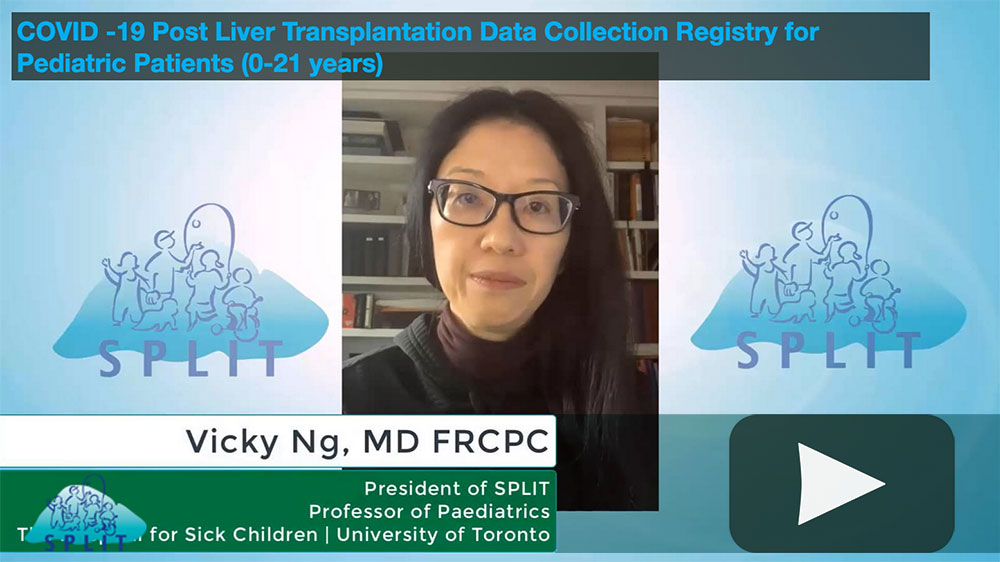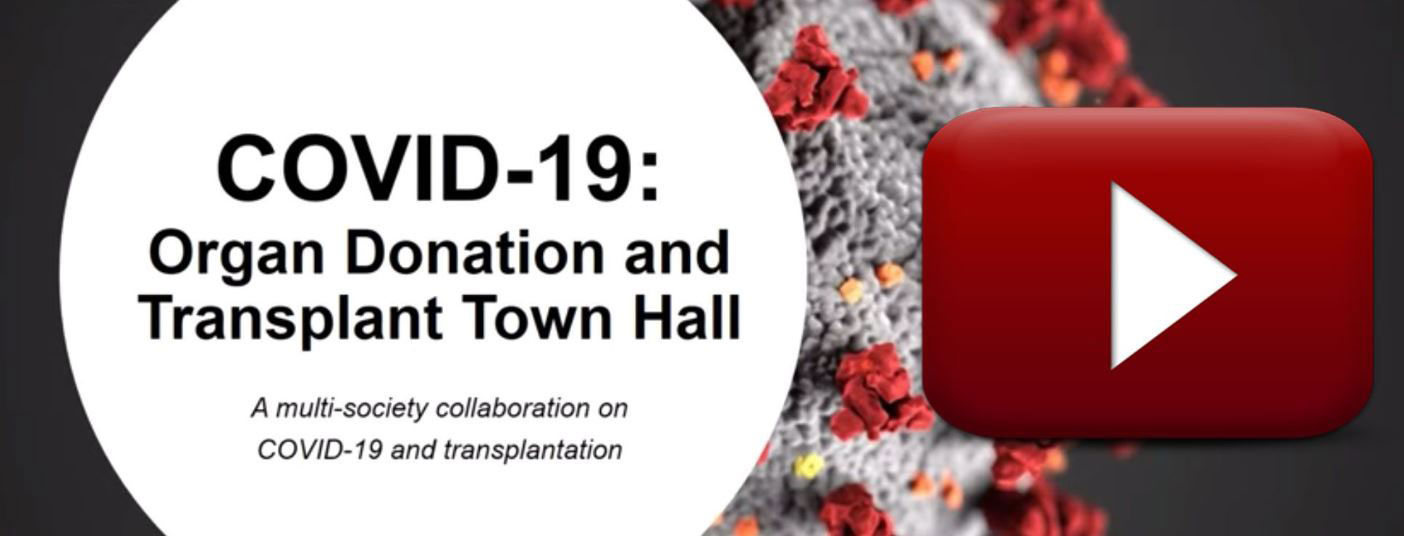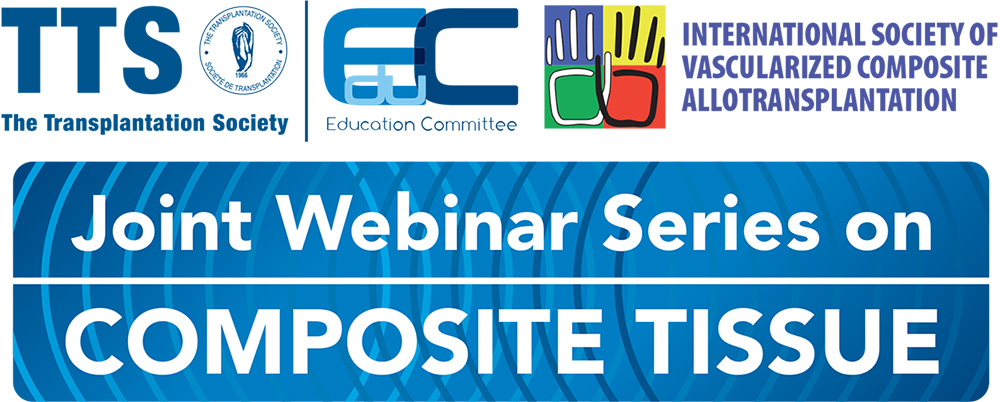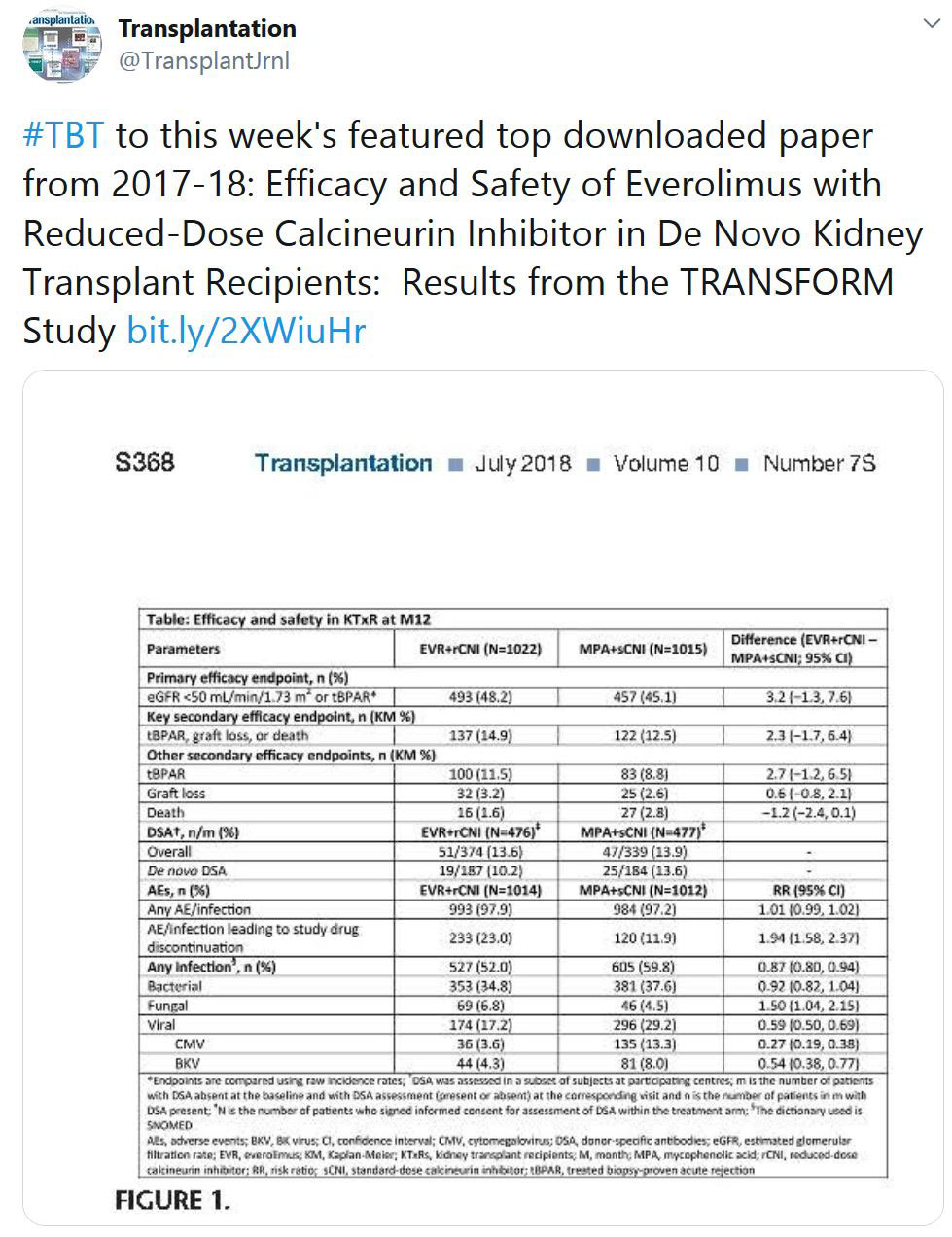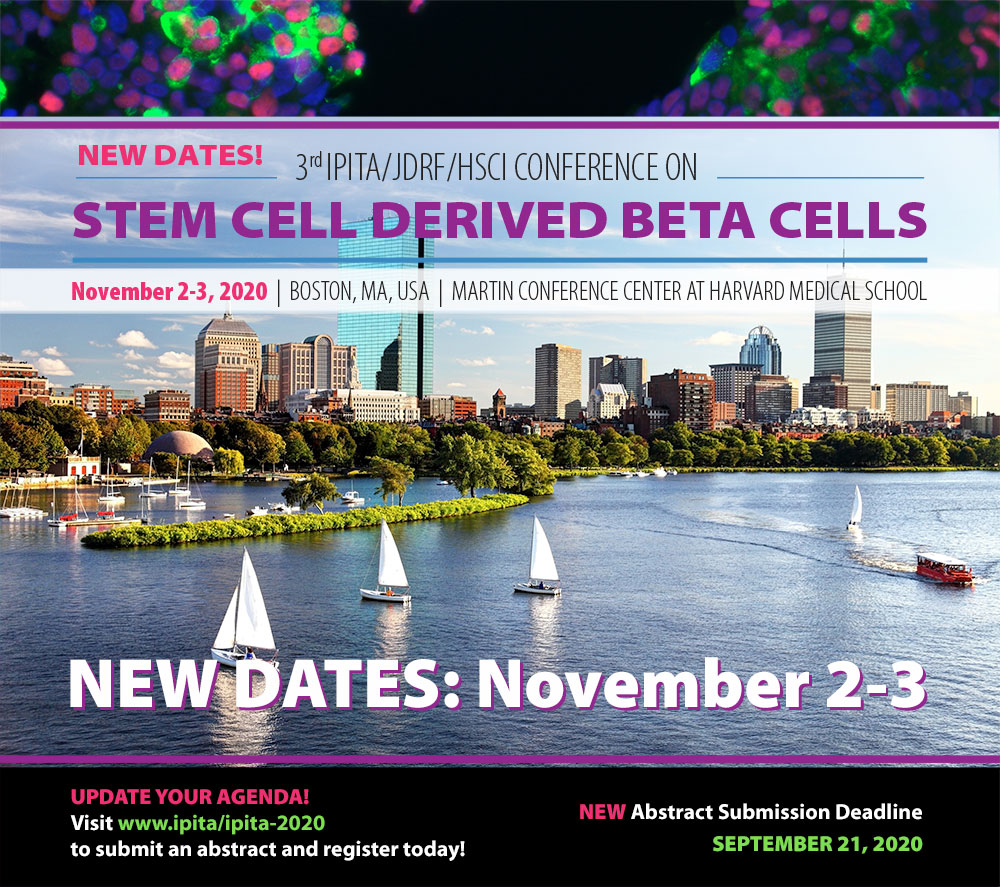
TTS 2020 GOES VIRTUAL

A few weeks ago, we informed you that we would continue to monitor the evolution of the COVID-19 pandemic and government and institutional responses regarding travel restrictions so as to determine if a change to the format of TTS 2020 would become necessary.
As always, our primary concern is for the health and wellbeing of our delegates, exhibitors, staff and the wider community. We have therefore concluded that a physical meeting in Seoul in September 2020 would not be prudent.
Nevertheless, we strongly believe that an international congress of the transplant community is particularly important in 2020 in view of the unfortunate cancellation of many other international congresses.
We are therefore excited at the prospect of bringing you a virtual congress in September 2020 – one that will feature the most advanced scientific and clinical practices, as well as the most up-to-date developments on COVID-19. We will bring this in a forum that will enable delegates around the world to participate during their preferred time zones.
Over the coming weeks, we will bring you full details of this exciting new congress format.
IN MEMORIAM - DR. PEKKA JUHA HÄYRY
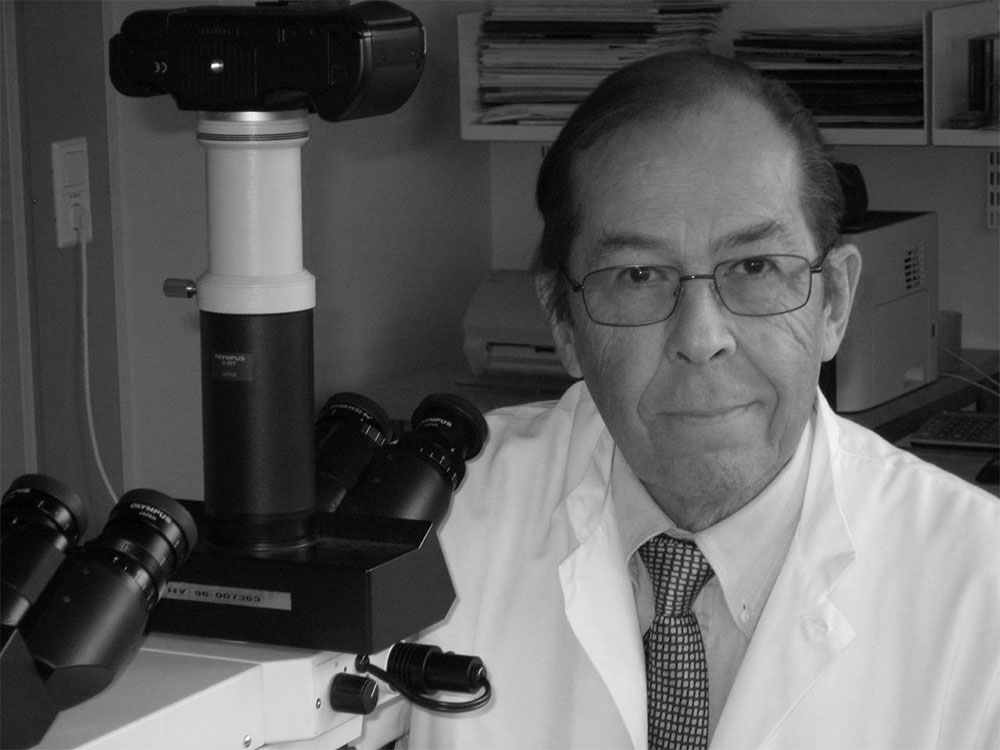
Pekka Juha Häyry, age 80, passed away peacefully on Wednesday, April 29, 2020 after suffering from inflammation of the central nervous system since March.
He was a dearest friend, esteemed colleague and former President of The Transplantation Society (TTS). As the entire transplant community, we are deeply saddened with his devastating loss, may he rest in peace.
He was born in Vihti, Finland, on December 13, 1939.
He received his M.D. and Ph.D. degrees from the University of Helsinki. He was Professor of Transplantation Surgery and Immunology at the University of Helsinki. His research interests were in experimental pathology and transplantation. A series of elegant experiments defining the sensitized cell populations infiltrating acutely rejecting grafts, initiated during a fellowship at the Wistar Institute in Philadelphia and pouring from his laboratory for many years thereafter, raised his scientific profile to great heights.
He was a talented surgeon. He was the Head of the Transplantation Laboratory at Helsinki University’s Haartman Institute, and contributed greatly to biology in the field of transplantation. Since 2002, he has been Professor of Clinical Surgery and Pathology at the University of Calgary.
Dr. Häyry was elected as a member of the Finnish Academy of Sciences in 1989 and served as the President of The Transplantation Society (TTS) between 1996 and 1998. He was awarded the Matti Äyräpää Prize in 1988 and the Medawar Prize in 2006, a major award in the field of transplantation.
He had a passion for animals. For years, he raised sheep on his farm for the production of antisera.
He made substantial contributions to the Ancient Byzantium Orthodox Church. One of these involved preserving, cataloguing, and digitalizing the incomparable collection of ancient manuscripts in the library of the Patriarchate of Alexandria.
An important humanitarian activity was his organization of medical aid for the ill and the poor throughout the Middle East via the Patriarchate’s mercy hospitals.
He was married to Leena Saraste-Häyry and they shared a lifetime filled with love, joy and happiness. They faced all the difficulties of life together with strength and courage and their love will live on forever.
A Funeral Mass was held on May 9, 2020, at the Chapel of St. Mark, in Karjalohja, Finland.
TTS 2020 CALL FOR AWARDS ANNOUNCEMENT & NEW TTS STARZL INNOVATION AWARD
TTS THOMAS STARZL INNOVATION AWARD
Application Extended Deadline - May 22, 2020
The award recognizes individuals who, though advanced and original work, have contributed significantly to transplantation, thereby reflecting the spirit pioneered by Dr. Starzl.
THE MEDAWAR PRIZE
Application Extended Deadline - May 22, 2020
Recognized as the world's highest dedicated award for the most outstanding contributions in the field of transplantation.
TTS RECOGNITION AWARDS
Application Extended Deadline - May 22, 2020
These awards recognize individuals who have made a major international impact in the field of transplantation.
WIT AWARDS
Application Extended Deadline - May 22, 2020
The Woman Leader in Transplantation Award and Unsung Hero Award will be presented to women with extraordinary impact in the field.
TRANSPLANTATION - HIGHLIGHTED ARTICLE

Dr. Karen Keung, Editorial Fellow, Transplantation
A 3-month, Multicenter, Randomized, Open-label Study to Evaluate the Impact on Wound Healing of the Early (vs Delayed) Introduction of Everolimus in De Novo Kidney Transplant Recipients, With a Follow-up Evaluation at 12 Months After Transplant (NEVERWOUND Study)
Manzia MT, Carmellini M, Todeschini P, et al.
Transplantation: February 2020 - Volume 104 - Issue 2 - p 374-386
The NEVERWOUND study was a 3-month, multi-center, randomized, prospective, open-label study to assess whether a delayed (28 +/- 4 days post-transplant) everolimus(EVR)-based immunosuppression regimen reduces the risk of wound healing complications (WHCs) compared with EVR started immediately after kidney transplantation. WHCs were defined as fluid collections, prolonged lymphatic drainage, wound dehiscence, wound infection, and incisional hernia.
394 kidney transplant recipients (n=197 in each group) were randomised. Upon completion of the 3-month treatment period, patients entered a 9-month observational follow-up period. To handle missing outcome data, best-case and worst-case sensitivity analyses were used. WHC-free rates in the immediate EVR versus delayed EVR arm considering the worst- and best-case scenario approach, were 0.68 (95% confidence interval [CI], 0.62-0.75) versus 0.62 (0.55-0.68) (log-rank P = 0.56), and 0.70 (0.64-0.77) versus 0.72 (0.65-0.78) (log-rank P = 0.77) respectively. Secondary endpoints including 3- and 12-month treatment failure rates, renal function, and patient and graft survival were also not different between the groups.
The findings lend support to the safety of early introduction of EVR after kidney transplantation.
«HOT OFF THE PRESS» RECENT PUBLICATIONS IDENTIFIED BY TTS EDUCATION COMMITTEE ON COVID-19
This week's selection made by: Enver Akalin, Marlies Reinders, Pablo Uva, Nithya Krishnan, Manisha Sahay, Shannon Grappe and Annmarie Liapakis

Acute Kidney Injury in COVID-19: Emerging Evidence of a Distinct Pathophysiology.
Batlle D, Soler MJ, Sparks MA, Hiremath S, South AM, Welling PA, Swaminathan S; COVID-19 and ACE2 in Cardiovascular, Lung, and Kidney Working Group.
J Am Soc Nephrol. 2020 May 4.
This article emphasizes that AKI can be a severe complication of COVID-19 and the importance of assessing, defining, and reporting the course of AKI is highlighted.
Immediate impact of COVID-19 on transplant activity in the Netherlands.
de Vries APJ, Alwayn IPJ, Hoek RAS, van den Berg AP, Ultee FCW, Vogelaar SM, Haase-Kromwijk BJJM, Heemskerk MBA, Hemke AC, Nijboer WN, Schaefer BS, Kuiper MA, de Jonge J, van der Kaaij NP, Reinders MEJ.
Transpl Immunol. 2020 May 1:101304.
This article describes the enormous impact of COVID-19 on transplant activity in the Netherlands. There was a significant decrease in organ donation numbers affecting all organ transplant services and detrimental effect on transplantation numbers in children with end-organ failure. The paper also describes ongoing efforts focus on mitigation of not only primary but also secondary harm of the pandemic and to find right definitions and momentum to restore the transplant programs.
Elens L, Langman LJ, Hesselink DA, Bergan S, Moes DJAR, Molinaro M, Venkataramanan R, Lemaitre F.
Ther Drug Monit. 2020 Apr 15.
This article inform the clinicians about the potential interactions of experimental COVID-19 treatments with immunosuppressive drugs used in transplantation. Recommendations regarding therapeutic drug monitoring and dose adjustments in the context of COVID-19 are provided.
Shah MB, Lynch RJ, El-Haddad H, Doby B, Brockmeier D, Goldberg DS.
Am J Transplant. 2020 May 5
This article presents a review of the current literature that details the potential negative consequences of COVID-19 positive donors. The authors concluded that COVID-19 infection should continue to remain a contraindication for donation, as has been the initial response of donation and transplantation societies.
Observational Study of Hydroxychloroquine in Hospitalized Patients with Covid-19.
Geleris J, Sun Y, Platt J, Zucker J, Baldwin M, Hripcsak G, Labella A, Manson D, Kubin C, Barr RG, Sobieszczyk ME, Schluger NW.
N Engl J Med. 2020 May 7.
This observational study involving 1446 patients with Covid-19 who had been admitted to the hospital documented that hydroxychloroquine administration was not associated with either a greatly lowered or an increased risk of the composite end point of intubation or death.
SPLIT-TTS/NASPGHAN PEDIATRIC HEPATOLOGY AND PEDIATRIC LIVER/INTESTINAL TRANSPLANTATION COVID REGISTRY
The Society of Pediatric Liver Transplantation (SPLIT), the newest subsection of TTS, and the North American Society of Pediatric Gastroenterology, Hepatology and Nutrition (NASPGHAN) have partnered to create a secure and de-identified online pediatric registry (for patients under 21 years of age). Our intention is to collect and disseminate the experience of our community to better understand the clinical presentation, natural history and long-term outcomes in our hepatology and liver and/or intestinal transplant population. We are requesting all clinicians who are taking care of these pediatric patients who are pre- or post-liver or intestinal transplantation or who have chronic liver disease (still with their native liver) worldwide to report all cases of COVID-19.
Click here to read more or submit a case
We encourage you to complete this form even if the patient is in the middle of their COVID course. This allows for timely dissemination back to our community. A weekly summary of COVID cases will be reported on the SPLIT/IRTA COVID-19 listserv and the NASPGHAN COVID website.
COVID-19: ORGAN DONATION AND TRANSPLANT TOWN HALL #3
CORONAVIRUS (COVID-19) UPDATE DASHBOARD
The Transplantation Society (TTS) and our journal Transplantation have developed online resources to keep you informed on the Coronavirus (COVID-19) outbreak.
- TTS Coronavirus (COVID-19) Dashboard
www.tts.org/covid-19 - Transplantation Global Transplantation COVID Report
www.tts.org/txjcovid19
We are also requesting contributions and news from the transplant community to be sent to covid-19@tts.org for inclusion on our resources page.
In this dashboard, you will find links to TTS and other global and regional resources, as well as interactive maps, publications and webinars. We encourage you to explore this dashboard and share with your colleagues.
Website - www.tts.org/covid-19
Editors and contributors to Transplantation have shared their thoughts on how they are dealing with the current crisis. While we understand that the information of today may be quite different tomorrow in this fast-moving pandemic, this report will open our forum of an international exchange on COVID for the transplant community.
Website - www.tts.org/txjcovid19
Please send your own contributions and news to covid-19@tts.org for inclusion on our resources page.
TUESDAY, MAY 26 - WEBINAR ANNOUNCEMENT
TITLE: IMMUNOLOGY OF VCA
TUESDAY, MAY 26, 2020 10:00AM EDT (MONTREAL TIME)
Objectives:
To provide an overview on similarities and differences identified in VCA vs solid organ transplants.
TRANSPLANTATION - WEEK'S MOST DOWNLOADED PAPER
IN THE NEWS
TRANSPLANT REJECTION MAY BE PREVENTED BY BLOCKING INNATE IMMUNE MEMORY
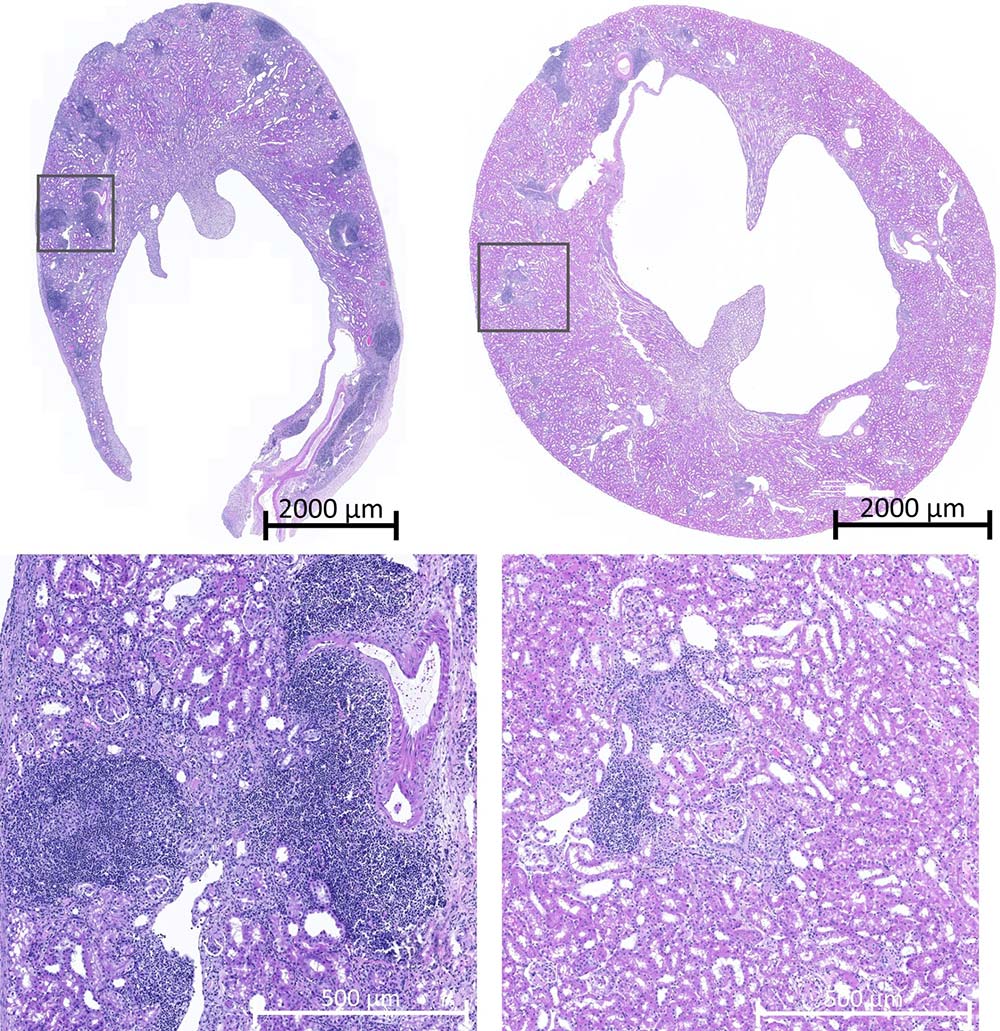
May 8 - Memory—a key feature of the adaptive immune system—is evident in the innate immune system, too. But it has been unclear whether memory in the innate immune system is specific to previously encountered antigens. Now it appears that antigen-specific memory is in fact an attribute of the innate immune system’s monocytes and macrophages, and not just the adaptive immune system’s T cells and B cells. What’s more, the innate immune memory seems to play a role in the chronic rejection of transplanted organs. If this memory is blocked, a new study suggests, organ transplants could last longer.
STEEP DECLINE IN ORGAN TRANSPLANTS AMID COVID-19 OUTBREAK, FINDS LANCET STUDY

May 8 - France and the United States, two countries hit hard by the novel coronavirus, have experienced a tremendous reduction in the number of organ donations and solid organ (kidney, liver, heart, and lung) transplant procedures since the onset of the COVID-19 pandemic, according to a new study.
HONG KONG DOCTORS FIRST IN ASIA TO PERFORM HEART TRANSPLANT USING NEW PRESERVATION TECHNOLOGY
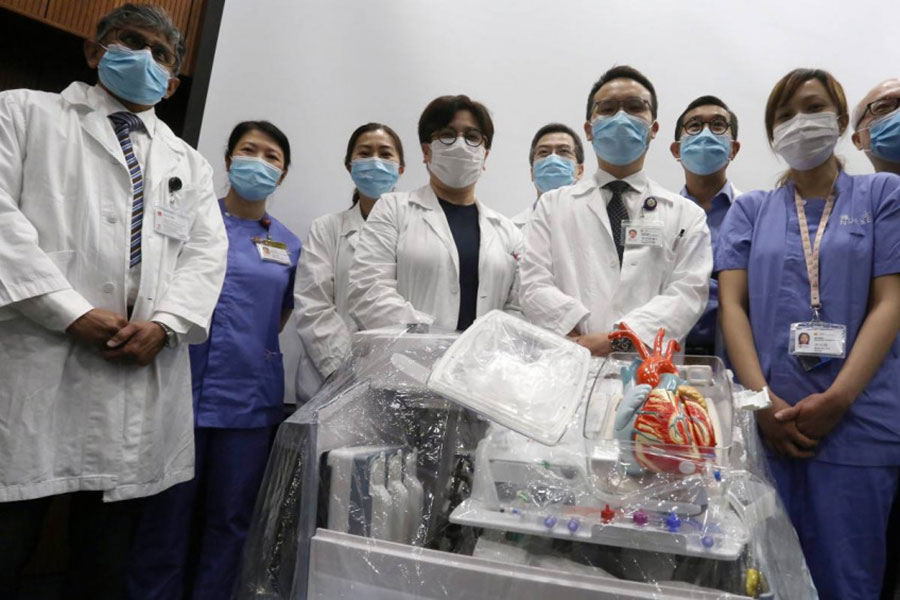
May 7 - Hong Kong doctors have performed Asia's first heart transplant using a new technology invented in the United States that keeps the organ warm, beating and supplied with blood during the transfer, in a medical breakthrough that will enable more life-saving operations across borders.
UPCOMING MEETINGS AND ANNOUNCEMENTS
11th International Pediatric Intestinal Failure and Rehabilitation Symposium
International Transplantation Science Meeting
ITS 2021 meeting in the San Diego area — October 17-20, 2021

After careful consideration, and in light of the ongoing Coronavirus developments, we’ve made the difficult decision to postpone the ITS 2020 Meeting in Europe to 2022. Stay tuned for dates and location.
We would like to take this opportunity to confirm that we will have the 2021 ITS meeting in the San Diego area from October 17-20, 2021.
Further details will be available this summer.
We look forward to hosting you in California next year.
Until then, stay safe and healthy!
3rd IPITA/JDRF/HSCI Conference on Stem Cell Derived Beta Cells
Contact
Address
The Transplantation Society
International Headquarters
740 Notre-Dame Ouest
Suite 1245
Montréal, QC, H3C 3X6
Canada
Используйте Вавада казино для игры с бонусом — активируйте промокод и начните выигрывать уже сегодня!

